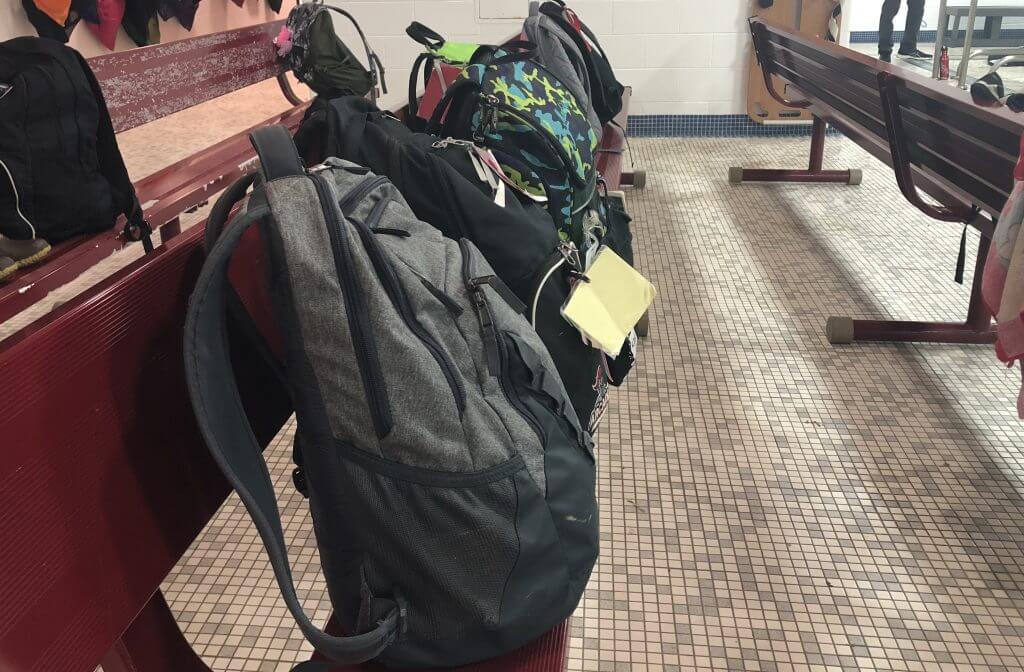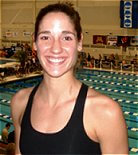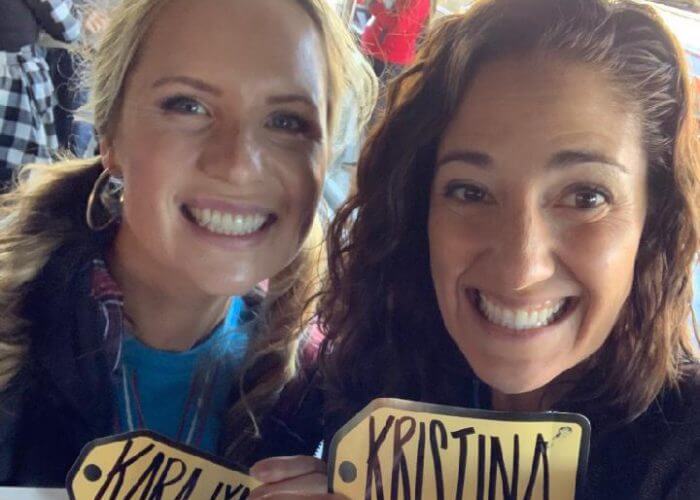Retirement Decision Is Not Something to Take Lightly; Kristy Kowal Provides Insight

Retirement Decision Is Not Something to Take Lightly; Kristy Kowal Provides Insight
Have you ever wondered what happens when it is time to hang up the swimsuit and take off the cap and goggles for the last time? No more 5 a.m. wakeup calls for an early morning practice. No more holidays and weekends spent at the pool. No more dryland or dry skin. No more missed family dinners, birthdays, or reunions. What happens when your life is no longer consumed by the smell of chlorine and laps in a pool? As the 2020 Tokyo Olympic Games come to a close, one might wonder what is life like after the Olympics? What comes next?
Retirement can sound scary to some and a welcome reprieve to others. Swimming is not an easy sport. We all know that fact all too well. The mental and physical strain that our bodies are put through is no laughing matter. The thousands of miles your shoulders have endured and the chlorine cough which might never go away. Swimming is a difficult competitive sport. So, when it comes to the end of your career, whether that be by choice or a forced decision, swimmers must wonder, what happens next?
 Kristy Kowal, silver medalist in the 200 breaststroke at the 2000 Sydney Olympic Games, had a long swimming career spanning from the age of five to 25 years old. During her time as a competitive swimmer, Kowal swam at the University of Georgia where she helped lead the women’s team to its first NCAA Championship in 1999, as well as being the first female swimmer from the United States to win gold at the World Championships in the 100 breaststroke.
Kristy Kowal, silver medalist in the 200 breaststroke at the 2000 Sydney Olympic Games, had a long swimming career spanning from the age of five to 25 years old. During her time as a competitive swimmer, Kowal swam at the University of Georgia where she helped lead the women’s team to its first NCAA Championship in 1999, as well as being the first female swimmer from the United States to win gold at the World Championships in the 100 breaststroke.
After a successful Olympic Games in 2000, Kowal wanted to take on another Olympic Game in 2004. But the decision to retire came earlier than expected when chronic fatigue hit. Kowal describes how chronic fatigue led to her decision to retire in 2004.
“I had been suffering from chronic fatigue since 2003,” Kowal said. “When I went to the World Championships in 2003 in Barcelona, I felt like I couldn’t even physically finish the 200 breast race. My body was just so exhausted.”
Kowal was determined to compete at the 2004 Olympic Trials. Continuing to train at an Olympic caliber was no small task while battling chronic fatigue, but Kowal accomplished her goal of competing at the 2004 Olympic Trials.
Kowal shared: “With a lot of rest, and communication with my coaches, and support from my team and family, I was able to slowly recover enough to get third place at trials, which may have been a bit of a disappointment, but it was also a victory because I had come so far physically and mentally in that year.”
Although retirement from swimming happened just days after her 25th birthday, Kowal knew it was the right decision. Chronic fatigue may have fueled her decision to retire, but Kowal knew that when she was no longer disappointed in “losing,” it would be time to hang up the cap and goggles for good.
After her third-place finish at Olympic Trials in 2004, Kowal said: “I also knew that when I stopped getting fired up at losing races, it would be time to walk away from the sport.”

Photo Courtesy: Kara Lynn Joyce
With no regrets in her decision, and ready to start the next chapter of her life, Kowal put her championship swimming career behind her and is now an elementary school teacher. Kowal has changed her focus, passion, and dedication for swimming to her fondness of educating and enriching young minds.
“I definitely miss being part of a team, and being able to travel the world while swimming, but once I made the decision to retire, I knew I was ready for the next chapter in my life!” Kowal said. “I am an elementary school teacher! After teaching third grade for 13.5 years in Pennsylvania, I will be teaching first grade next year here in Redondo Beach, California.”
When offering advice to fellow swimmers contemplating retirement, Kowal says to not take the decision lightly.
Kowal shared her final thoughts: “There’s no need to rush in your decision. Take the time to consider if you are content with leaving the sport. There are so many factors to consider mentally and physically. If you feel like there are still things left to accomplish, then go for it! There is no right or wrong answer to the question ‘should I retire?’ and only you can answer that. Ask yourself, ‘If I walk away from this sport now, will I regret it in a few years?'”
Although it may seem impossible to miss early morning practices when your alarm clock goes off before the sun has risen, or to miss the grueling workouts and hours of staring at a black line, the decision to retire is never an easy one. But keep in mind, there is a life after swimming, and it will be waiting for those who are ready to find a new passion in life.
Take a breath. Evaluate what you want to get out of the sport. And if you still have a passion and love for the sport and feel like you have more to give, don’t give up. Follow your heart’s desire.



